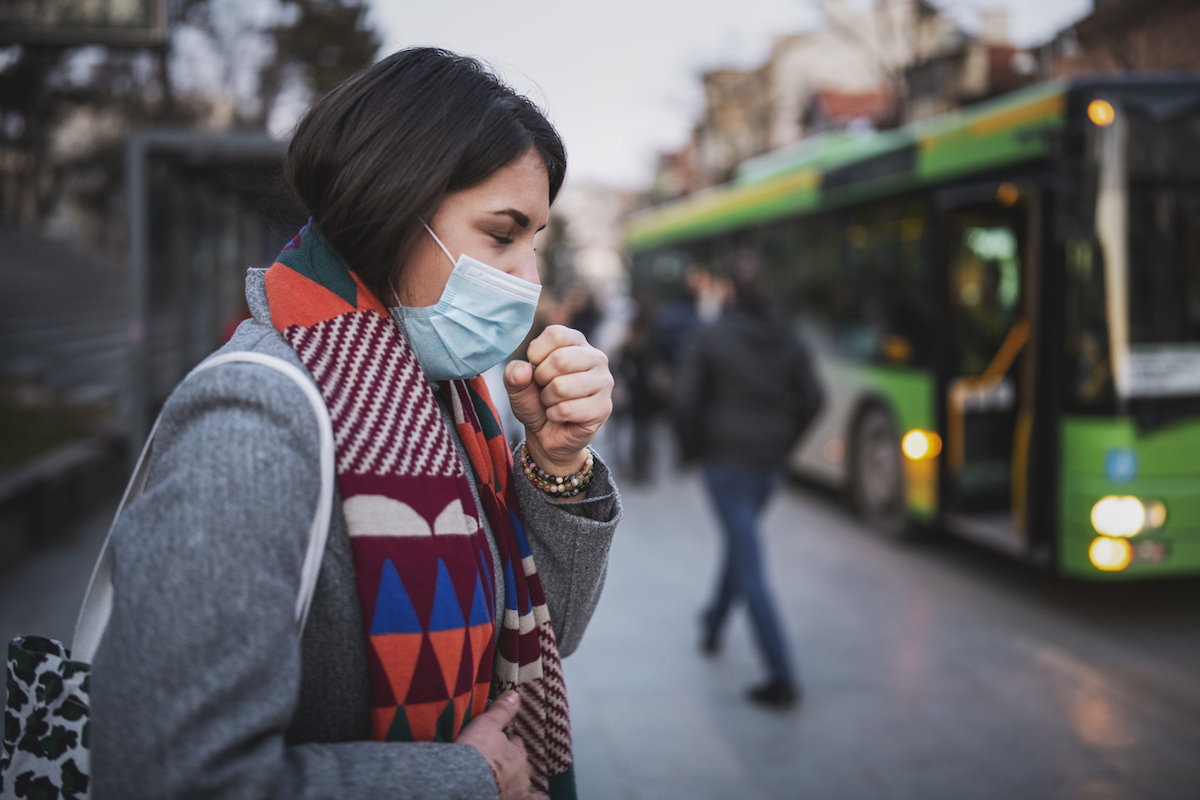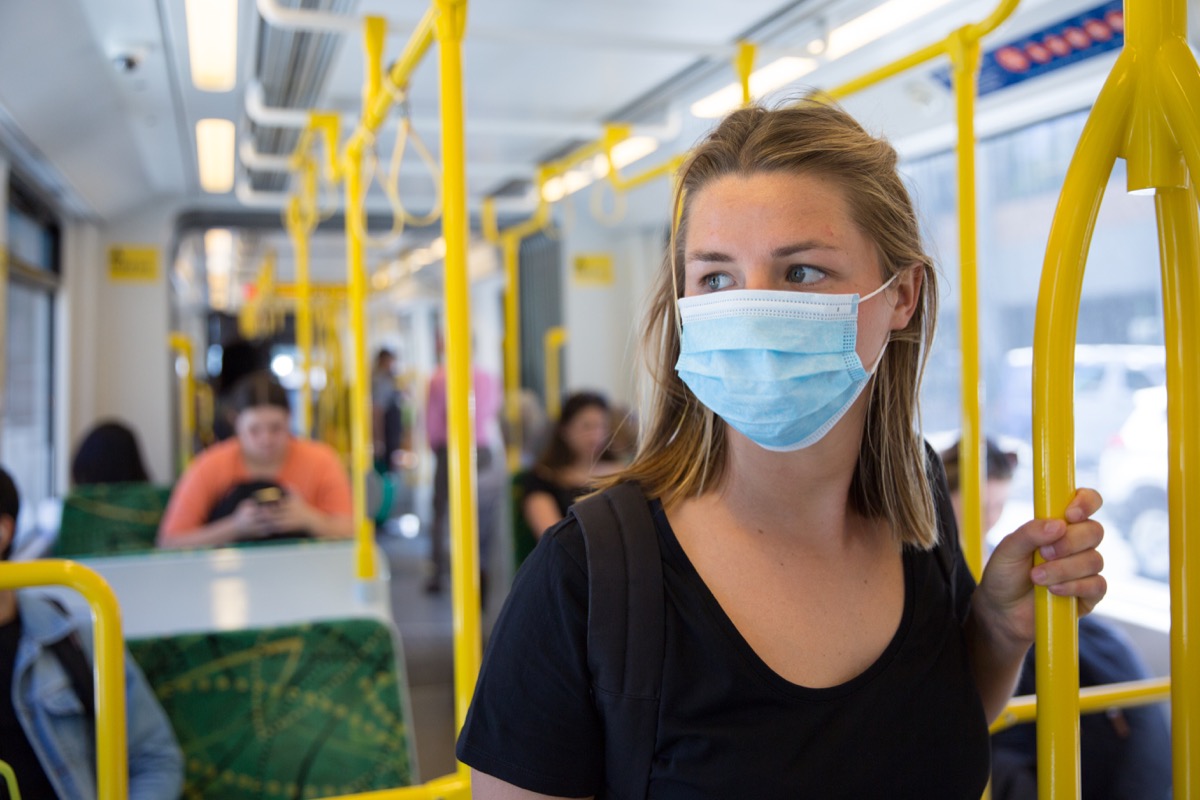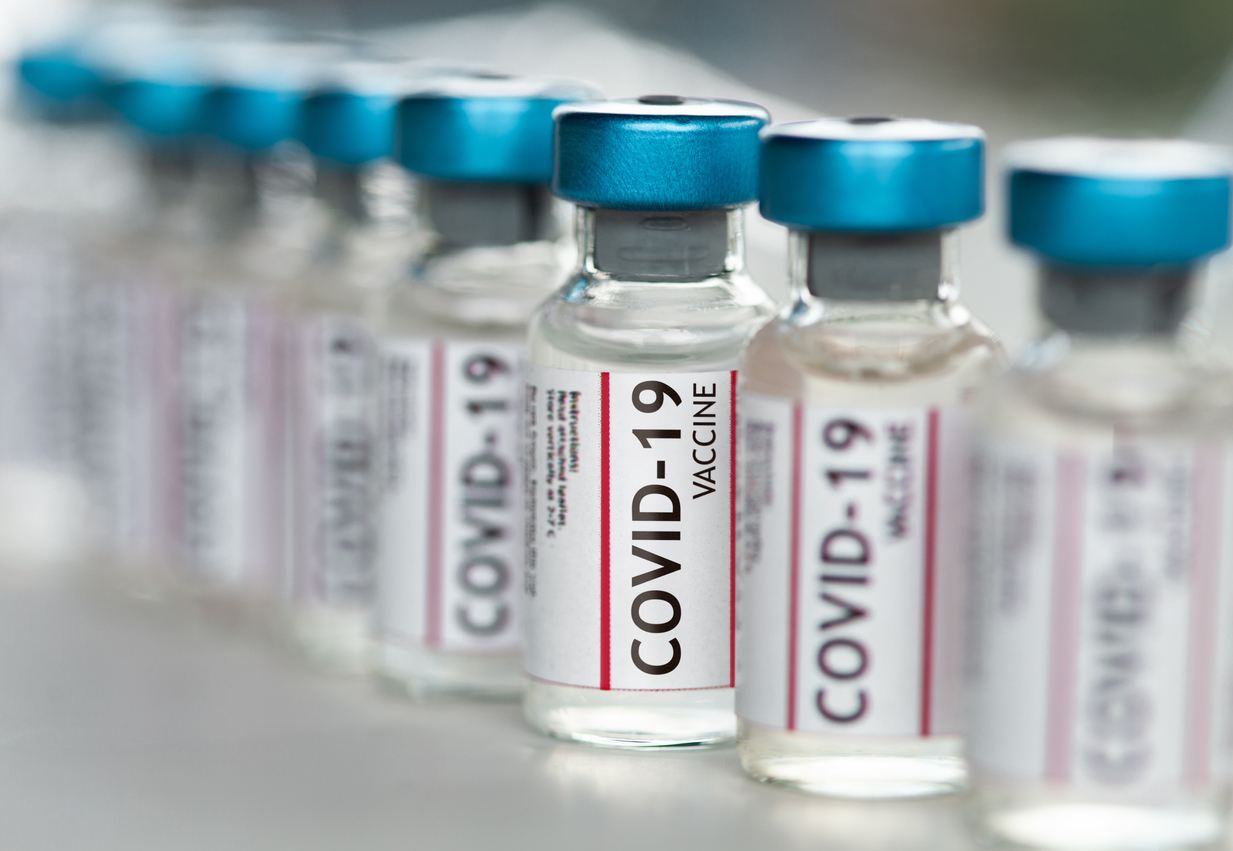Overall, experts are optimistic that the existing vaccine will be effective against this new strain of COVID. Britain’s Chief Scientific Adviser Patrick Vallance said in a press conference Saturday that the vaccines have appeared to be sufficient in generating an immune response to the recent strain of the virus. On Meet the Press on Dec. 20, President-elect Joe Biden’s surgeon general nominee, Vivek Murthy, MD, said that there’s “no reason to believe that the vaccines that have been developed will not be effective against this virus as well.” Additionally, the World Health Organization’s Chief Scientist Soumya Swaminathan, MD, said at press briefing on Dec. 21, “So far, even though we have seen a number of changes, a number of mutations, none has made a significant impact on either the susceptibility of the virus to any of the currently used therapeutics, drugs or the vaccines under development and one hopes that will continue to be the case.” Vin Gupta, MD, of the Institute for Health Metrics and Evaluation, shared a similar sentiment in an interview with CNBC’s Squawkbox Asia on Dec. 21: “There is a strong belief here that the vaccine, as it exists today…will have effectiveness in warding off infection from this new strain in England, in addition to the old strain that we’ve been contending with for months now.” Gupta explained that, at the genetic level, the strain is likely to be quite similar to the prior variants. “The effectiveness of these vaccines in producing antibodies that can really attack and kill COVID-19 is extraordinary,” said Gupta. “I don’t expect these minor changes at the genetic level… to affect the vaccines’ performance in the near term.” However, Gupta does note that future versions of the vaccine may need to be updated, much like the flu vaccine that varies slightly from year to year. “I do think that this might impact our future-facing work, but it’s not going to impact the near term,” said Gupta. “It will not impact the current vaccines’ effectiveness in ending the pandemic.” Read on to find out more about the new COVID strain, and to see if you’re eligible to get your vaccine earlier, check out If You Did This in 2020, You Can Get Your COVID Vaccine Sooner. Read the original article on Best Life. COVID-19 has gone through a few minor mutations and variations before, which is normal for a virus. However, experts have noted the newest variant present in the U.K. has more mutations than any of the other strains, which could be cause for concern. “I am concerned, because since the beginning of this, we’ve seen mutations occur all over the world, many thousands of them, but this one has more mutations than any variant we’ve seen before,” Danny Altmann, professor of immunology at Imperial College London, told CNBC’s Squawk Box Europe. Altmann says the strain’s 17 mutations “seem to account for the uncontrollability that we’ve seen in London and the southeast in recent months.” And for more up-to-date COVID news delivered straight to your inbox, sign up for our daily newsletter. At a press conference on Saturday, U.K. Prime Minister Boris Johnson said that “although there’s considerable uncertainty,” the new variant “may be up to 70 percent more transmissible than the old variant.” He noted that “this is early data and it’s subject to review.” The new strain has become the dominant form of COVID in London and the southeast and east of England, according to Vallance, accounting for more than 60 percent of infections. To see what has shocked doctors about the vaccine, check out The One Thing About the COVID Vaccine That’s Surprising Even Doctors. At the same press conference, Vallance said, “We think [the new strain] may be in other countries as well.” He added that although British officials were the ones to identify the new strain, they’re not positive where it originated. “It may have started here, we don’t know for sure,” he said. According to the World Health Organization (WHO), cases of the new strain have been identified in Australia, Denmark, and the Netherlands, while health officials in Italy and Gibraltar say it’s reached them, too. To learn about what’s in the vaccine, check out This Is What’s Really in the COVID Vaccine. In a statement, England’s Chief Medical Officer Chris Whitty said: “There is no current evidence to suggest the new strain causes a higher mortality rate or that it affects vaccines and treatments, although urgent work is under way to confirm this.” The virus has been mutating since its inception, and it won’t stop anytime soon. “This virus mutates like all viruses. Flu mutates the most. And what viruses do is they change their surface proteins. And once they do that, the antibodies that we’ve developed against those surface proteins no longer work,” former FDA commissioner Scott Gottlieb, MD, said on Face the Nation on Dec. 20.ae0fcc31ae342fd3a1346ebb1f342fcb “Flu mutates very rapidly, changes its surface proteins very rapidly. So, we constantly need to get a new flu shot. Some viruses like measles don’t change their surface proteins. And so the measles shot we got 20 years ago still works,” explained Gottlieb. “Coronavirus seems somewhere in the middle. It’s going to mutate and change its surface proteins, but probably slow enough that we can develop new vaccines.” And to see why this one expert hasn’t gotten his shot yet, check out This Is Why Dr. Fauci Hasn’t Gotten the Vaccine Yet.




